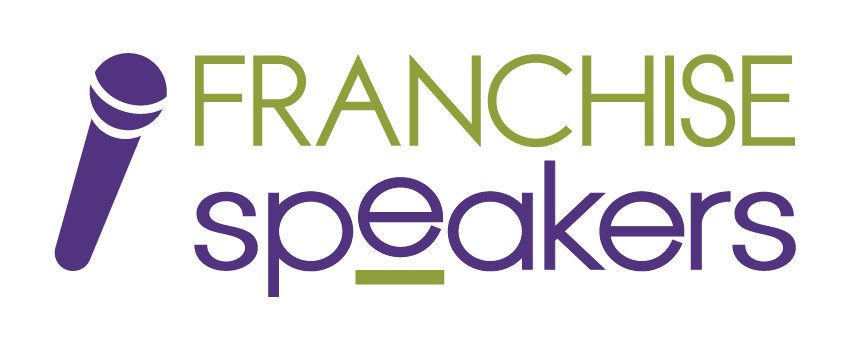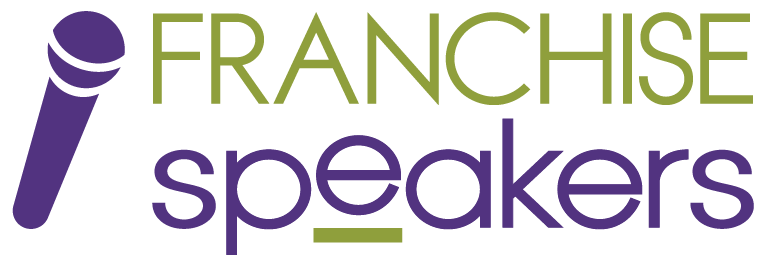The four ‘C’s of Mental Toughness is the theme of Greg’s Two-Minute Franchise Relations Tip this week. Want to know what they are? Read on…
Why Tough Going Gets the Tough Going
Greg Nathan’s 2-Minute Healthy Franchise Relationships Tip
When I asked my wife why she was so enthusiastic about watching the Australian Grand Slam, she explained it was not so much the tennis, but the players’ amazing mental resilience that she found so interesting. Psychologists have recently been focusing more on understanding the psychology of positive performance, not just in sport but all areas of life. This new research field is called Positive Psychology. While the findings often reflect what we intuitively know to be true, such as the value of a positive mental attitude, the power of this research is the way it unlocks the mechanisms behind these healthy habits of thinking. This means we can then consciously work at improving our psychological health.
In this Tip I’ll share the findings from a workshop I recently attended on a Positive Psychology concept known as Mental Toughness with eminent British psychologist, Doug Strycharczyk. Doug has spent 20 years working with his colleague, Peter Clough, on understanding how to measure and improve Mental Toughness, a personality trait on how people deal with challenge, stress and pressure. Mental Toughness accounts for up to 25% of a person’s performance, particularly in sport where the concept has been used to help world class athletes achieve higher levels of performance.
Given the pressure many of us work under, Mental Toughness has great applications for business and franchising. Indeed, as the workshop progressed, I realised the components of Mental Toughness are embodied in many of FRI’s models and tools, such as the 10 Habits of Effective Field Consultants, the Franchisee Wheel of Excellence and the Nathan Profiler.

The 4 C’s of Mental Toughness
So what exactly is Mental Toughness? Doug explained, rather than being macho, tough or aggressive, it is more to do with being your best and comfortable in your own skin. He then went on to describe the four C’s of Mental Toughness — Control, Commitment, Challenge and Confidence.
Control means we have a “can do” mentality and are certain we can make a difference. There are two types of control. Life Control is where we believe we shape what happens to us. Emotional Control is where we can manage our emotions when things go wrong. I don’t know about you but, while I’m strong on the first, I’m not so hot on the second.
Commitment is the extent to which we make promises and work out ways to keep them. People high on commitment do whatever it takes to make something happen. They enjoy personal challenges, work hard and manage their personal energy well. People with low levels of commitment avoid setting goals and give up easily.
Challenge is the extent to which we see hardship and change as an opportunity rather than a threat. People high on challenge use adversity to learn. They love new ideas and overcoming barriers. To motivate them tell them something can’t be done! People low on challenge don’t like variety and tend to be risk averse.
Confidence is believing in your own abilities and standing your ground. Basically you know you’re good! It also involves being able to demonstrate to others you know what you’re talking about. Low confidence people are often reluctant to express a view because they feel they are missing something. Of course confidence without ability can be dangerous, especially if you’re in a leadership role, so self-awareness and humility are important to have with this one.
The joys of getting older
The good news about Mental Toughness is it is relatively plastic and can be developed with practice. And more good news if you’re getting on in age like me. As we get older and become more comfortable in our own skin, our Mental Toughness naturally increases.
Having a “can do” mentality, working hard to make things happen, seeing challenges as opportunities rather than threats, and showing confidence in your decisions — these are important qualities for leading and succeeding in small business. And it’s good to know mental toughness can be developed with practice. At a time when the pace of change has never been faster and we’re all doing more with less, we’ll be including more about Mental Toughness in our franchisor training programs and franchisee conference presentations. For instance, we’ll certainly cover it in our next webinar, “Reduce the Stress and Keep Yourself Fresh” on June 11, 2015.
Agreed Greg, it is good news that our Mental Toughness is increasing as we get older. Thanks for the informative post!
More soon…
Katrina
P.S. Let us know if you are interested in Greg’s Virtual Training programs for field managers. He has some great new processes and research to share!




